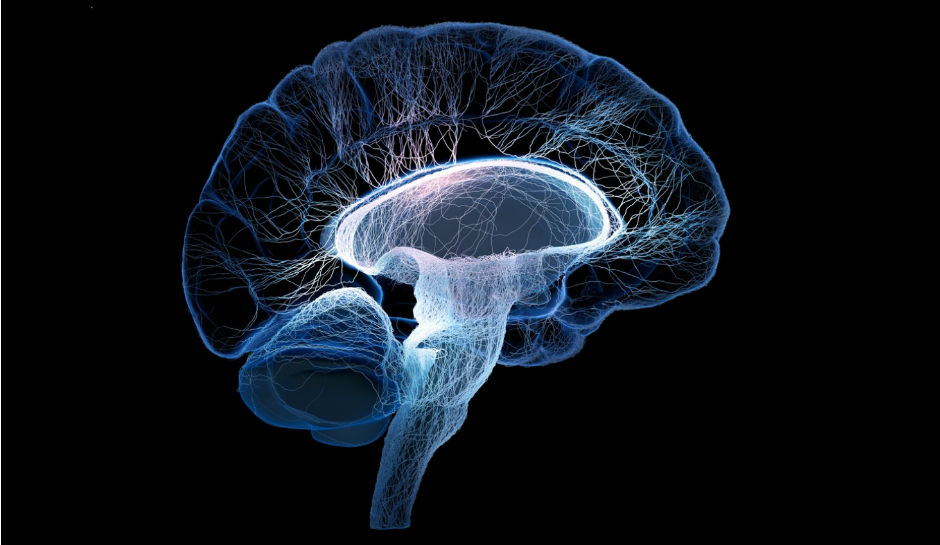Cognitive reserve is developed by a lifetime of curiosity and education to help our brains better cope with any declines or failures we face.
It is an important concept — vital to our understanding of our cognitive health.
Cognitive Reserve and Our Brains
Cognitive reserve is a valuable source of help in difficult situations. It helps us cope with unanticipated challenges.
Think of cognitive reserve as our brain’s ability to improvise, cope, and find varying ways of completing a task. In essence, the human brain can alter the way it operates.
The concept of cognitive reserve originated in the late 1980s. Researchers described people with no obvious symptoms of dementia who were found at autopsy to have brain changes consistent with advanced Alzheimer’s disease. These individuals didn’t show symptoms of the dreaded disease while they were alive because they had a large enough cognitive reserve to counteract the damage and continue to function as usual.
Since the origination of this concept, research has shown that people with greater cognitive reserve are better able to fend off the degenerative brain changes related to brain diseases, like dementia, stroke, multiple sclerosis, and Parkinson’s disease.
Develop a Healthy Cognitive Reserve
A healthier cognitive reserve can help us function better for longer if we’re exposed to surprising life events, like surgery, stress, or even toxins in our environment. These types of unforeseen, unexpected circumstances demand extra effort from our brains.
When our brains can’t cope — we may become confused, restless, disoriented, or show signs of disease. Therefore, an essential goal is to build and sustain our cognitive reserve.
To determine your cognitive reserve, simply gauge how much your work, education, and other activities have challenged your brain over the years. Learn how to stay mentally fit and sharp.
The following are a few steps that will help you improve your cognitive reserve:
- Take a different route: Take a different route when going to the store. We travel the same route quite frequently. And driving routes are one of the most prevalent routines we have — and one of the easiest to practice breaking. But leave a little earlier than normal. Give yourself some time in case you get lost or your new route takes longer than you anticipated.
- Discover your strengths: Working on your physical and mental weaknesses is liable to create a greater challenge. But, don’t neglect your strengths. Investing in your strengths is needed for a better self-image and for a deeper understanding of problems. Intensifying your existing talent can be a great way to boost your self-esteem. It also challenges your brain. For example, if you’ve always been a fervent reader and want to take up writing, set some time aside each day and practice.
- Work on your weaknesses: Variety and novelty help with breaking away from routines. They’re also beneficial in engaging our minds outside of our daily habits. For instance, if you’re great with numbers, but don’t like to read much, try picking up a novel — like Jane Eyre, or Beloved — see if you can read the whole book. You may surprise yourself and find you enjoy reading.
- Change your point of view: In trying to develop your cognitive reserve, don’t limit yourself to just physical or academic challenges. Involving yourself in emotional experiments may provide a dual purpose. It can help your mental health and personal life as well. Listen closely to what’s being said. Read attentively. Make an honest attempt to approach issues from someone else’s point of view. If you force yourself to study a problem from a different perspective, it will exercise your brain. And an added benefit includes finding that you empathize with someone else’s position — while reaching an agreeable compromise.
- Get a hobby: Have you always wanted to learn a new language, but never got around to doing it? Start now! Engage yourself in regular cognitive activities, such as writing, reading, doing puzzles or word games, playing games like chess or bridge, attending lectures.
The Global Dementia Epidemic
Worldwide, the number of people living with dementia is currently estimated at 47 million — and this number is predicted to triple by 2050. Notably, nearly 60 percent of people with dementia live in low- and middle-income countries.
Currently, disease-modifying treatments for diseases that cause dementia are nonexistent. Additionally, dementia related care is costly and complex.
Some of the main challenges connected with dementia include its economic impact on families, caregivers and communities, as well as stigma and social exclusion.
Nevertheless, research shows that people who have concrete supplies of cognitive reserve are usually less likely to show the typical signs of dementia, difficulty multitasking, and short-term memory loss — even if their brain scans point toward mental damage. This is because cognitive reserve successfully makes the mind stronger and more nimble. It enables the brain to come up with habits and behavior to compensate for disease-related loss of functioning.
There are cases where a senior may show signs of mental impairment due to low levels of certain nutrients or adverse drug interactions. Changing one’s diet or switching prescriptions may be the remedy for such cases.
However, in many cases very little can be done for individuals who begin to lose their memory due to illnesses — like vascular dementia, Lewy Body dementia, or Alzheimer’s disease.
This is why the concept of cognitive reserve is so promising. Its protective effects are believed to be capable of being controlled by anyone — no matter what the reason for their cognitive impairment.